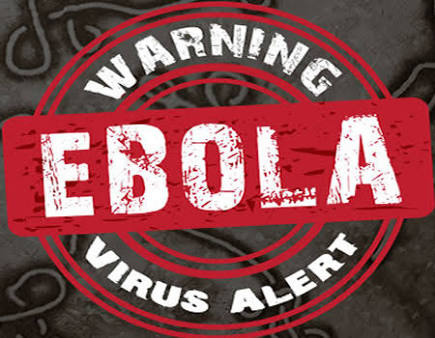.jpg)
Health official would state it's the point at which the infection is spreading in a swarmed urban condition that is a noteworthy transportation center and has flimsy, not well prepared human services offices.
Shockingly, that is what's going on the present moment in the northwest of the Democratic Republic of the Congo.
Ebola is an infection that causes an extreme, and regularly lethal, sickness. The epicenter of this episode is in an amazingly country, to a great degree remote piece of the Equateur area.
Be that as it may, this week another patient turned up about a hundred miles away in Mbandaka, a city of in excess of a million on the banks of the Congo River.
Diminish Salama, the World Health Organization's representative chief general for emergencies, revealed to NPR that the statement of "urban Ebola" is a noteworthy move in this episode.
"When you have cases in urban regions, the number of contacts can open up quite a lot more rapidly," he says. "What's more, in this manner the expansion in the transmission can be substantially more exponential instead of direct."
Mbandaka's area is adding to the worry of health officials. It's a noteworthy port on the Congo River.
"It might be said, the streams in northwest DRC are the expressways. There are not very many cleared streets," Salama says. "Individuals utilize them for transportation so it's very conceivable that the infection could spread down the streams."
The Congo River gives an immediate connection from Mbandaka to the clamoring megacity of Kinshasa, almost 400 miles downriver, and could likewise possibly enable the infection to spread all through focal Africa.
"That truly would be a to a great degree troublesome situation for us to have the capacity to adapt to," Salama says.
That is the reason the World Health Organization alongside Congolese authorities and other guide offices are scrambling to endeavor to contain this flare-up before it develops substantially bigger.